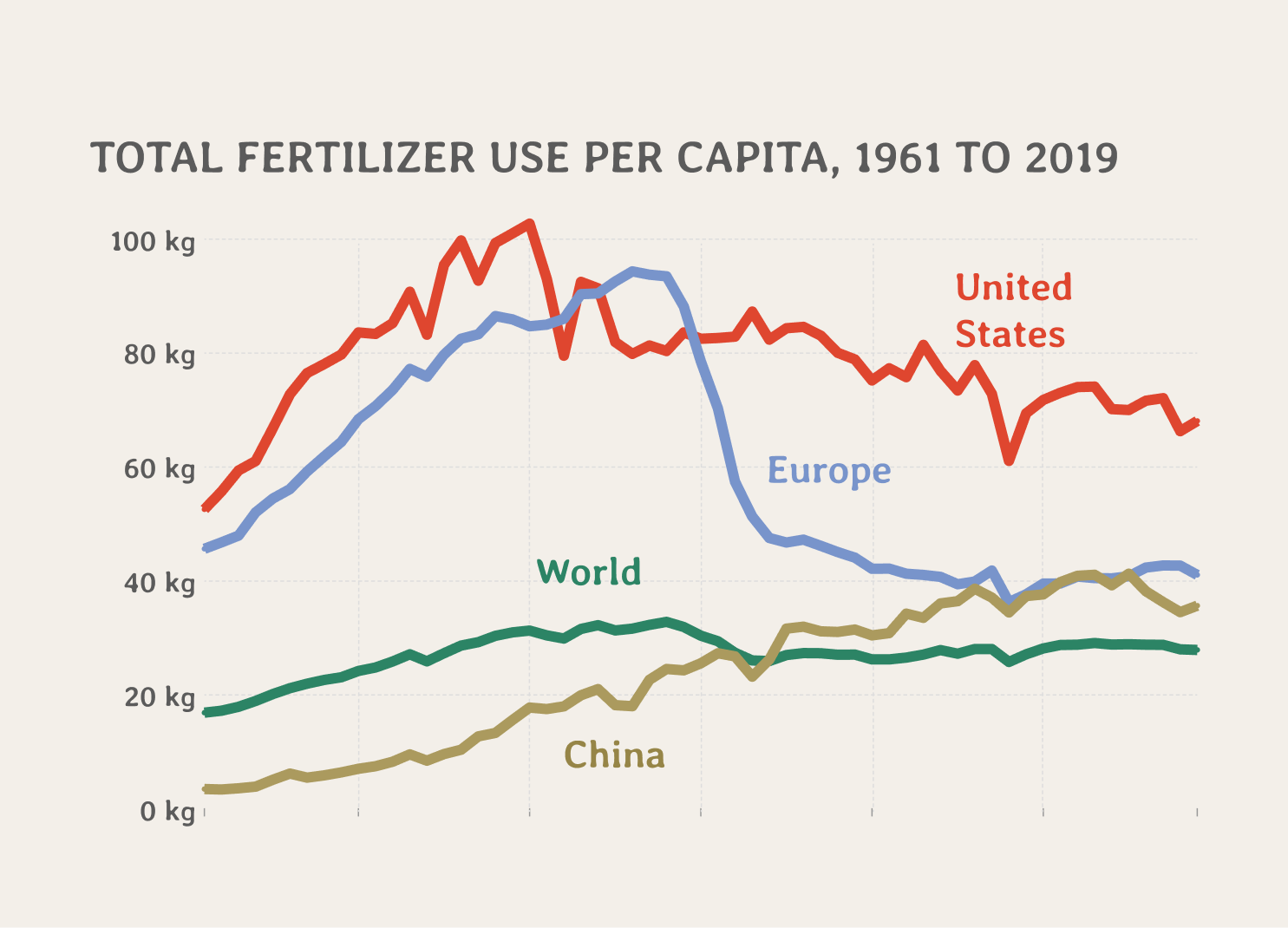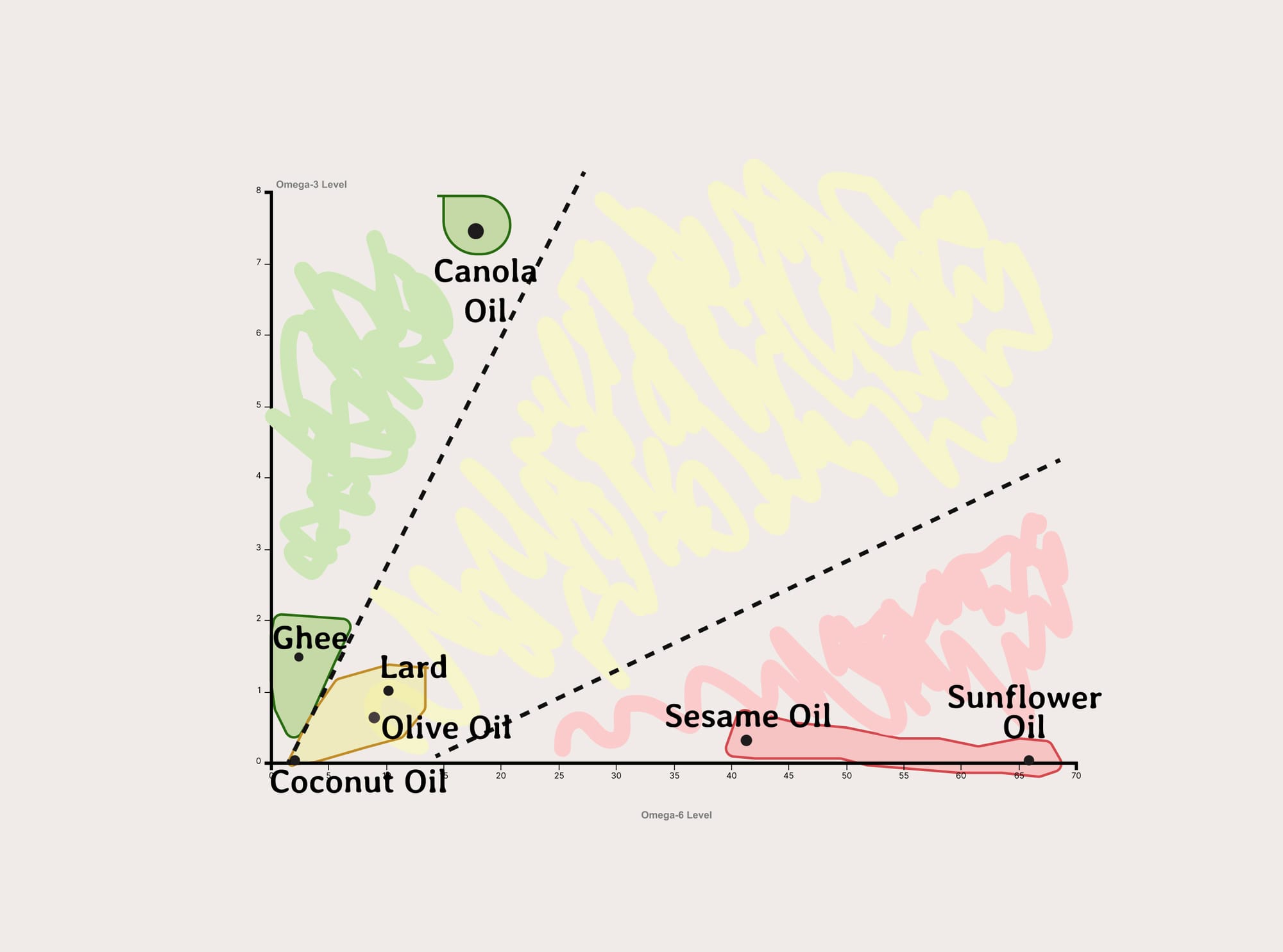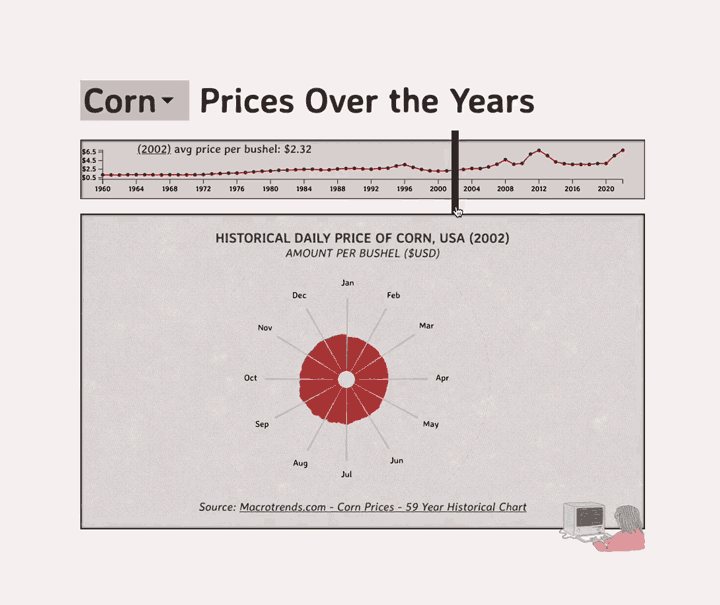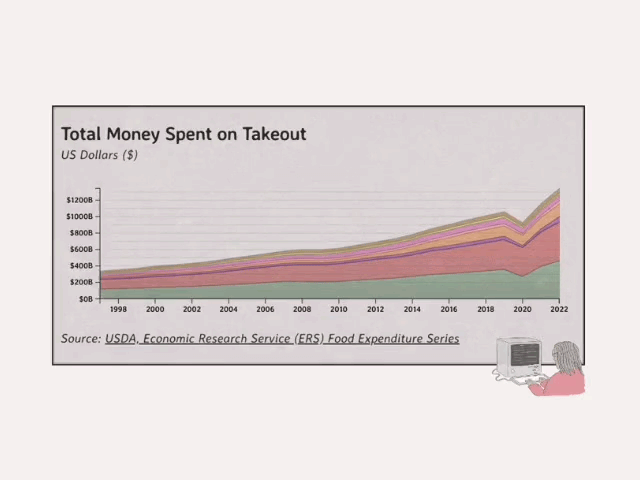Hydropower, by the numbers


Maybe I'm dumb, but I didn't realize hydropower has been an important thing for a while now.
I found this graph from Our World in Data; it takes a look at renewable energy trends over the past few decades, and it shows just how much of an impact hydropower had in terms of renewable energy creation.

Excuse me? More than half?
Brief primer on hydropower
Hydropower generators works by using the force of falling water to spin something around, and this generates electricity. Hydropower has been around since the days of ancient Greece; they used it to turn water wheels for grinding wheat into flour. So it’s more than 2,000 years old.
It seems great at first glance – producing no emissions and using nature’s water flow to produce power. Why isn’t all our power generated using hydropower?
Well, unfortunately, it’s because hydropower comes with a few downsides; mainly, it can mess up the mojo of the environment it’s put in. Projects usually involve displacing existing communities - human and animals alike - to make way for the hydropower infrastructure, and this results in a slew of problems:
- reservoirs form that may flood large areas and displace natural habitats
- fish migration paths are now blocked
- people may be forced to move
Other thoughts
I had an idea…bear with me.
Water quality degradation is a problem. My chain of thinking is that food near hydropower dams taste bad. That’s my hot take.
When dams are created, they limit the flow of water, which affects the oxygen levels in the water, and can lead to an increase in carbon dioxide and methane emissions.
Does our food taste worse because of lackluster water?
Now, I’m no food scientist, so I’m not really going to write a research paper on this.
But I think intuitively, we all know water quality affects food taste; it just makes sense. For example, fruits and vegetables have been shown to absorb water impurities when being rinsed with bad tap water. And poor quality water can be responsible for slow growth and poor aesthetics.
Even going back further in the process, water is important to a plant’s growth. When doing research, it was easier for me to look into fertilizers, and how they affected plant growth. The most interesting thing I read was this paper. While it had inconclusive results on just how different fertilizers might affect taste, they had some interesting examples: for instance, tomatoes given mineral fertilizer had higher sugar contents, whereas acid contents were higher in the fruits given organic fertilizer.
If the chemical make up of fertilizers have that affect on tomatoes, I’m sure the chemical make up of water does to.
OK, so what’s your point?
In conclusion….well, not much to say in conclusion. This is blog post #1, so it’s more of an exercise in sounding off than anything.
But I get why hydropower isn’t more of a thing.



